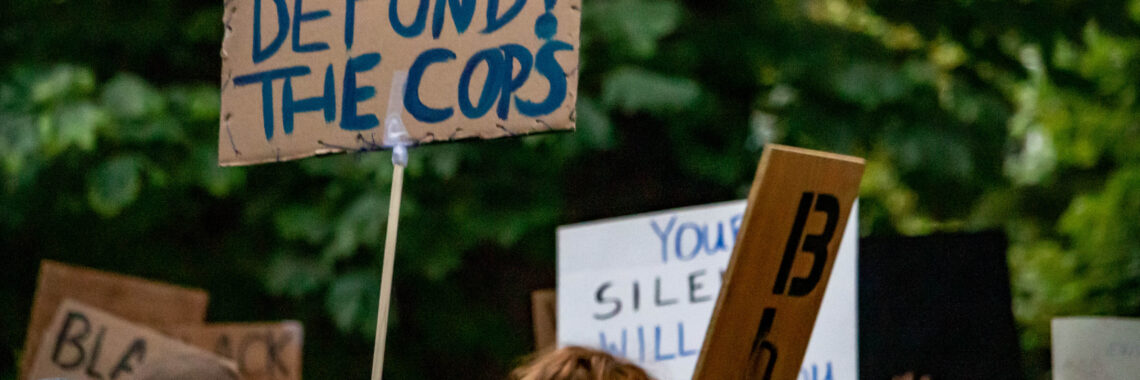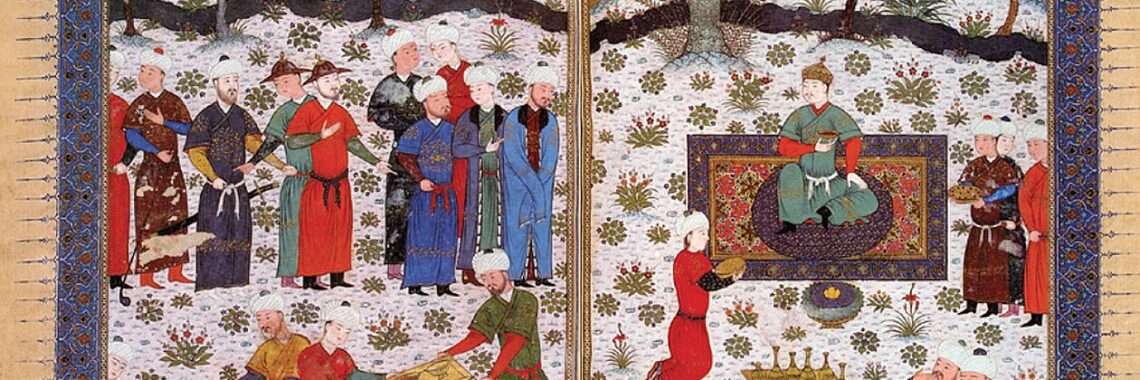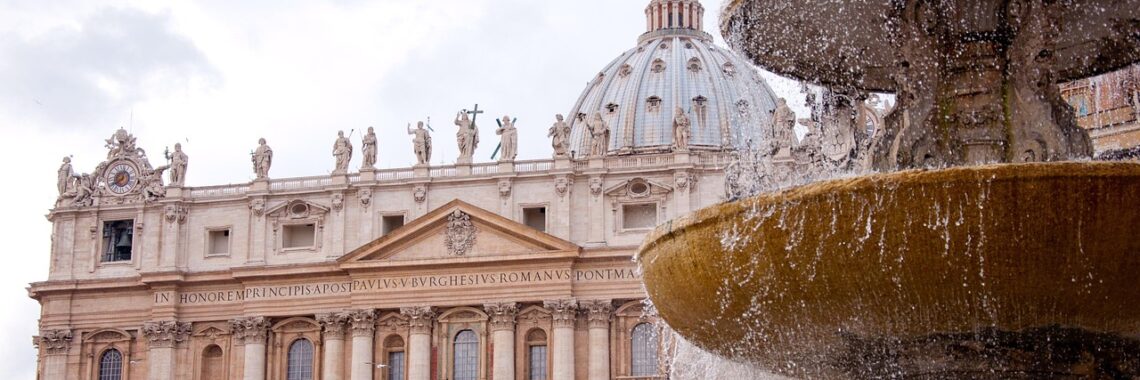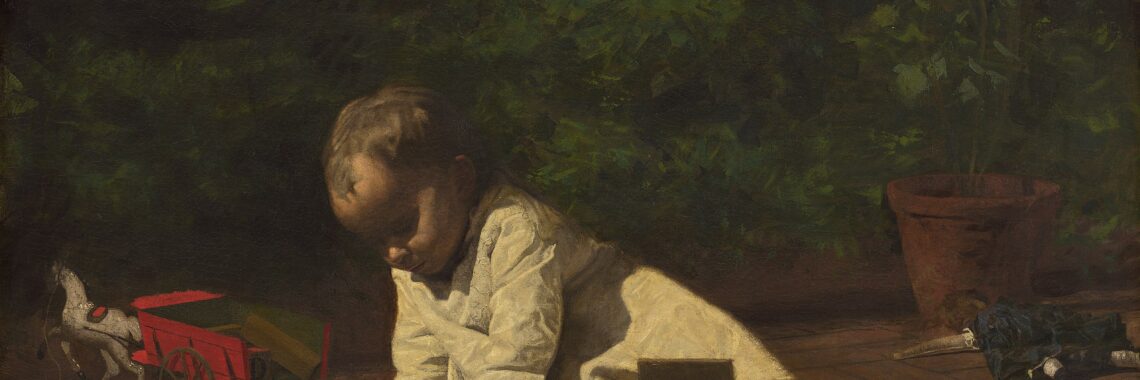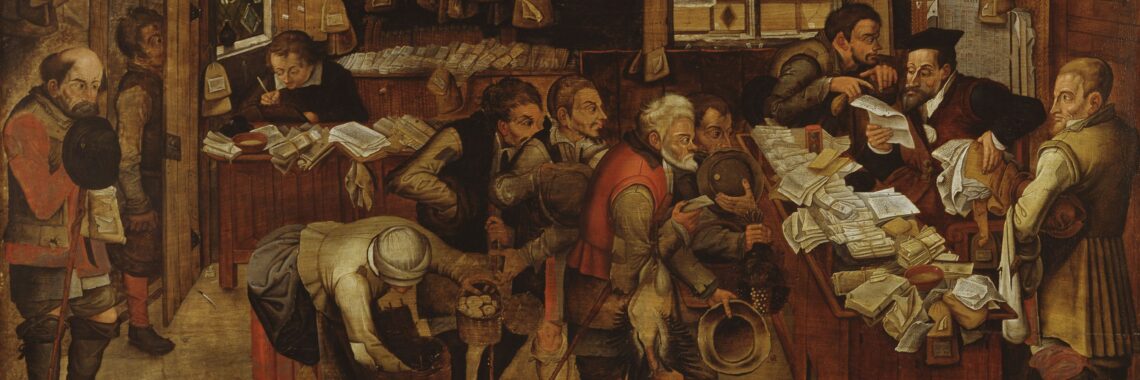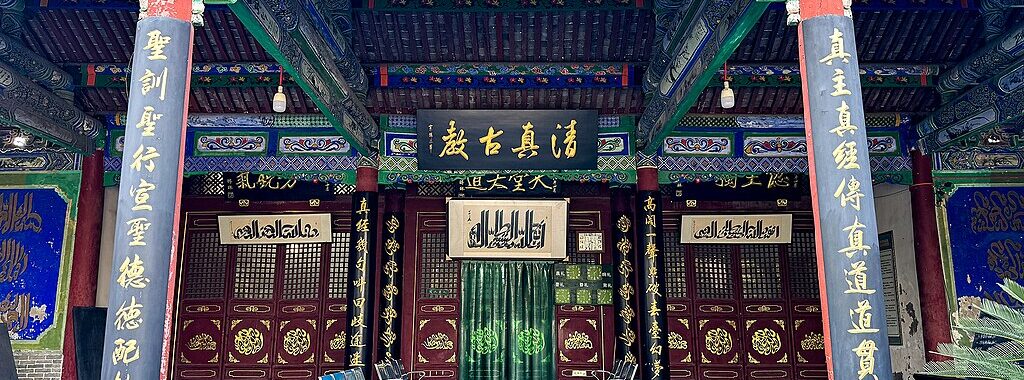“The ethics of procedure: traffic laws, modern technology and the reconfiguration of Privacy in the Arabian Gulf” by Alexandre Caeiro
Image by Paasikivi on Wikimedia (CC BY-SA 4.0) The implementation of Islamic criminal law has been characterized as a paradox. Muslims are scripturally instructed to apply the Qur’anic punishments for “crimes against God” (murder, theft, slander, adultery). Nevertheless, prophetic practice, legal canons, and the evidentiary rules elaborated by Muslim jurists often appear designed to prevent…



